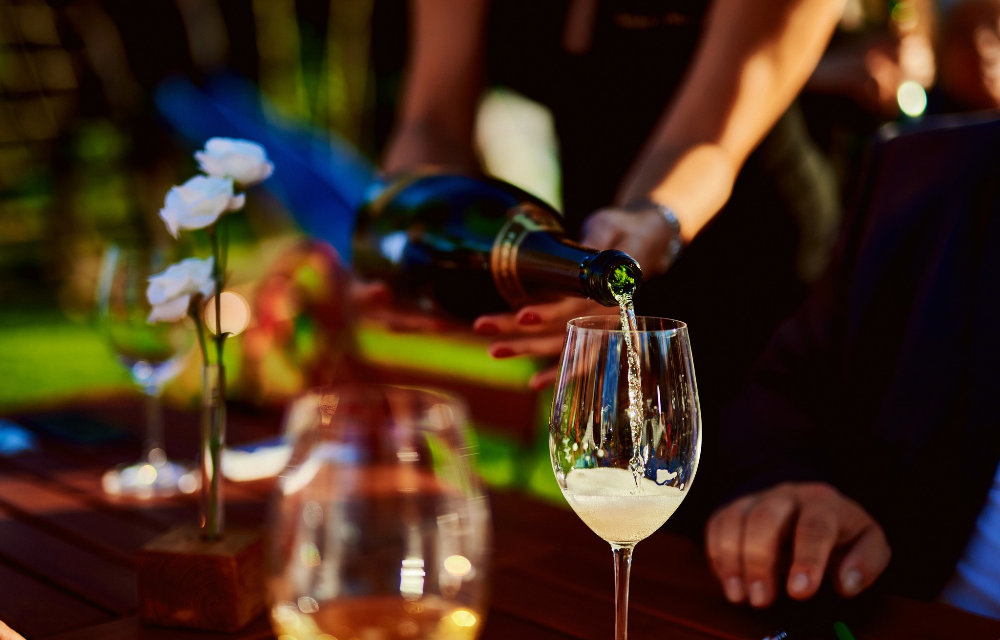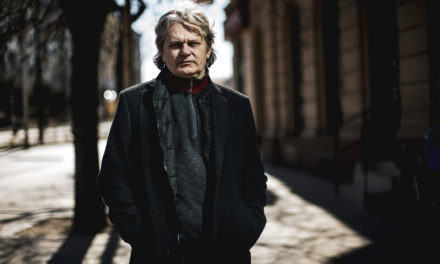In the past period, many people in Hungary have done a lot to ensure that champagnes are competitive with French champagne and stand their ground on the international stage, it was revealed at the Champagne Conference in Ety.
The celebration of champagne was opened by Prime Minister Gergely Gulyás, in his welcoming speech, he said: compared to the situation a decade or two ago, our country has made great progress in the production of quality champagne, and at the same time he called the pairing of champagne with food an important opportunity for progress in Hungarian gastronomy, which makes consumption even more enjoyable. can bring about an increase.
The minister pointed out that the consumption of wine and champagne is decreasing in Europe, while it is fashionable to drink champagne in Hungary, the sector is booming, but at the same time "young generations do not drink alcohol like their parents and grandparents", which poses a great challenge to producers.
The amount of alcohol consumption is not decreasing, but mixed drinks have appeared on the market, so it is a big challenge to sell quality drinks such as champagne in Hungary, Gulyás pointed out.
Pál Rókusfalvy, the government commissioner responsible for national wine marketing, indicated that the national wine strategy has been completed in the form of a 600-page book: this was preceded by many studies and research. As he said, they wanted to create a material that includes not only marketing, but also educational, gastronomic and tourism tasks.
The primary goal of the strategy is to increase wine sales and create new categories in addition to narrowing the product structure.
The government commissioner stated that beer accounts for 40 percent of the world's alcohol consumption market, spirits for 30 percent, and wine for 23 percent. Due to the decrease in wine consumption, there is a 10 percent overproduction worldwide. All of this marks the direction for the domestic wine and champagne producers, especially getting to know and following the tastes of young people and their alcohol consumption habits can mean an increase in consumption for the sector.
Zsolt Feldman, the State Secretary responsible for agriculture and rural development of the Ministry of Agriculture, said that 5 percent of the wine produced in Hungary will be made into champagne, which means 140-160 thousand hectoliters annually. He stated:
Hungarian champagne is experiencing a renaissance, more and more, today nearly 200 wineries produce champagne, most of the production is covered by the Upper Pannonian and Danube wine regions.
The state secretary noted that Hungarian wine imports have been stagnant for years, while champagne imports have increased somewhat, which indicates the growing domestic demand for champagne. The largest markets for Hungarian champagne exports (both in terms of value and volume) are Canada, Romania, Estonia, Sweden and Latvia, but the value of imported champagne is much higher than that of exported products, which poses serious challenges for the sector in the future.
MTI












